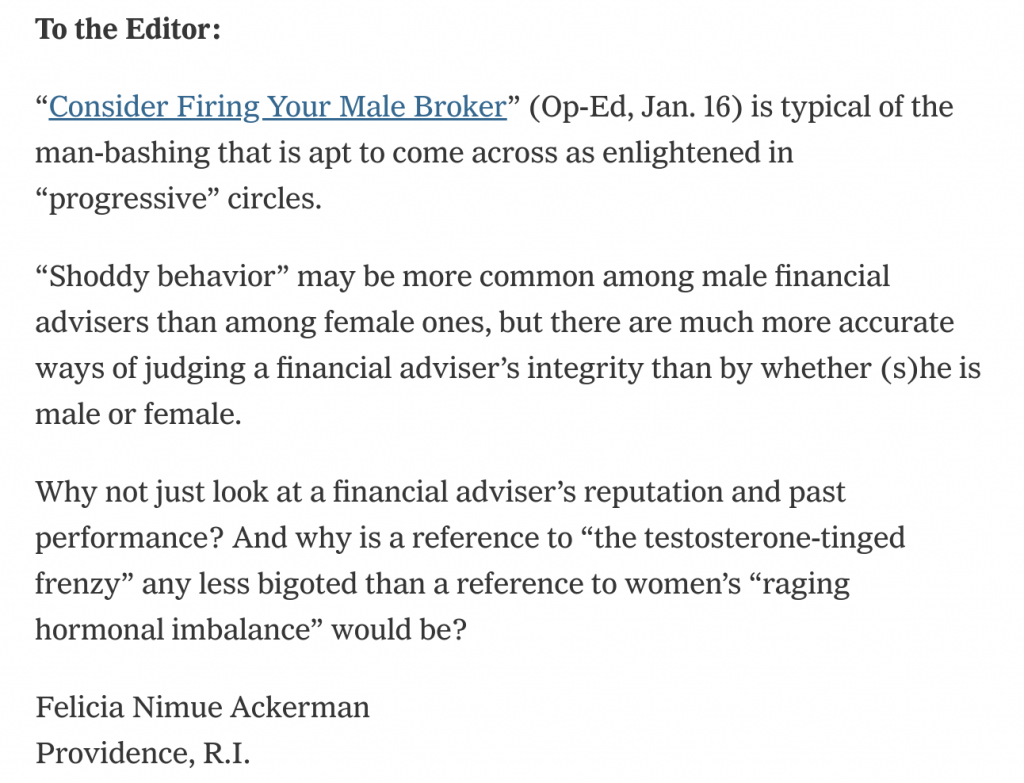Uber shares for everyone!

Love them, or hate them, Uber is out of the gate and now trades publicly on the New York Stock Exchange. It was the ninth-largest IPO ever.
As with any hot new public offering of shares, many investors want to know if they should get a piece of the action. The verdict: If you own any kind of passive index fund, you’re going to own it. (And if you choose not to own index funds, then I wish you luck in your uphill battle)
The same goes for any other mega-IPO. These companies debut at huge valuations and will be added to indexes, like the S&P 500, within their first year of trading. Remember Facebook a few years ago?
We generally think of IPOs as being a young, unknown companies making their first splash on a grand stage, but that isn’t the trend as of late. We’re now seeing more mature, nationally-recognized firms emerging from private status much later in their life cycle. This means that right off the bat they will be eligible for the most widely-tracked indexes simply because of their size. If you own any kind of broad-based, or large capitalization index fund, you will soon enough have a small percentage of your portfolio in Uber.
But this dynamic – owning little bits of a ton of companies – is exactly the kind of strategy to take. It allows us to sidestep the “should I buy it??” questions, and instead focus on other things – like, literally anything else you can possibly think of. Want to spend (waste) some time watching the Seattle Mariners? Go right ahead, you’re free to do it because you don’t have to analyze Uber’s next quarterly report. You’re gonna own a little chunk of it. The alternative is an investing reality you don’t want to endure.
This is the beauty of being a passive investor. Take, for example, Danaher Corporation (ticker: DHR). I have never heard of this company in my life, and this is kind of my thing to know. But guess what – I own it! It’s actually the 66th largest component of the S&P 500. Thankfully, I didn’t have to decide whether its investment prospects were rosy or grim. I just own a tiny chunk of it and can live my life doing other things. Just now, I took a break to make a snack. In no part of this break did I have to dedicate time to check in on Danaher Corporation. 100% of my break time was devoted to my snack. What a time to be alive.
The hardest hurdle to overcome as an investor is the lure of the stock pick. The best way to win that game: Don’t even play.
See also: Citizen Kane’s Investing Mantra. (“Well, I’m sorry, but I’m not interested in gold mines, oil wells, shipping or real estate”)



